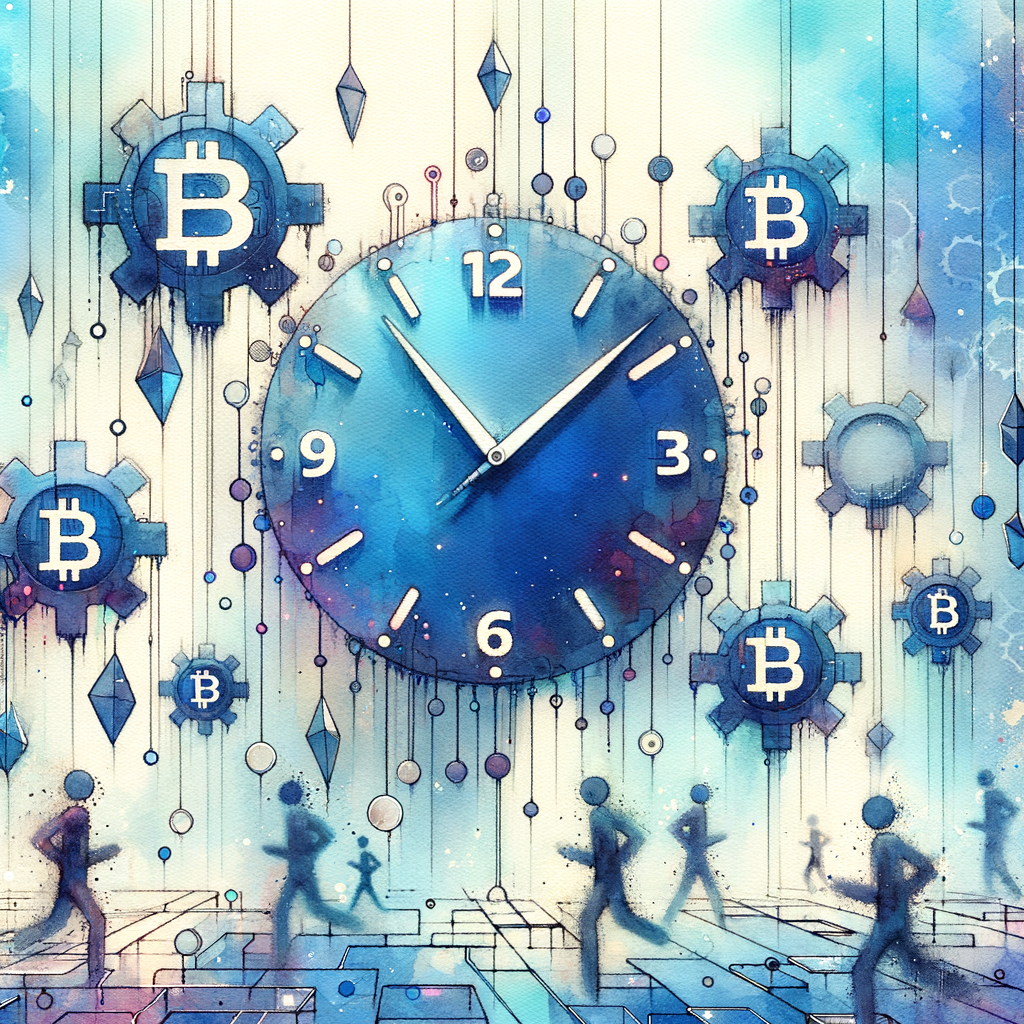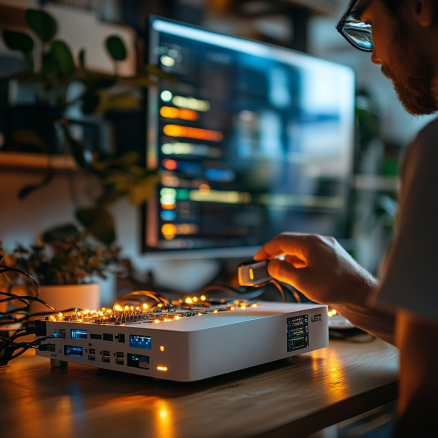The Return of Roaring Kitty: A New Chapter for Crypto and Stock Markets?
The financial world is abuzz once again with Roaring Kitty’s Return as Keith Gill, better known by his moniker “Roaring Kitty,” makes a dramatic return to the social media scene. His re-emergence has sparked a flurry of activity in both the stock and cryptocurrency markets, reminiscent of the GameStop frenzy during the pandemic. This event had famously turned the tables on hedge funds by triggering a massive short squeeze, catapulting GameStop’s stock (GME) by over 1,000% in less than a month.
GameStop Phenomenon: A Brief Recap
During the height of the pandemic, Keith Gill became a household name as he led an army of retail traders from Reddit’s WallStreetBets to challenge large hedge funds. These funds had bet against GameStop, a struggling retailer they presumed would soon collapse. The result was a historic market movement that not only saw GME’s stock skyrocket but also helped fuel surges in various memecoins like Dogecoin (DOGE) and Shiba Inu (SHIB), as speculative interests spilled over into the cryptocurrency sector.
After stepping back from the limelight on June 19, 2021, Gill recently signaled his return with a cryptic meme on May 13, causing immediate ripples through the market. Following his post, GameStop’s shares saw an astonishing 111% increase, while DOGE and SHIB also enjoyed gains of 6.2% and 5.4% respectively within 24 hours.
Market Reactions and Analyst Perspectives
As the crypto and stock markets react to Gill’s return, there’s a mix of optimism and skepticism about the potential for another large-scale rally. Josh Gilbert, a market analyst from eToro, expressed caution about expecting a repeat of 2021’s dramatic events. He pointed out the significant differences in the current economic climate, including higher interest rates and a global cost of living crisis, which could dampen the ability of consumers to engage in speculative trading at previous levels.
Furthermore, Gilbert noted that the outstanding shorts on assets like GameStop are considerably lower than they were in 2021, suggesting that any potential upward movement in the stock might be less pronounced this time around.
Robinhood and UniSwap Integration: A New Gateway?
Amidst these cautious outlooks, some enthusiasts are drawing hope from recent developments in trading platforms. A notable integration between Robinhood and decentralized exchange UniSwap has been highlighted as a potential catalyst for a new wave of retail investment. This collaboration could simplify access to trading memecoins and other cryptocurrencies, potentially inviting a fresh influx of speculative trading.
A pseudonymous trader, known as Travis, emphasized the ease of trading meme-themed assets on Robinhood, suggesting that the fervent followers of Roaring Kitty might once again rally to spark significant market movements.
Speculative Rallies: A Double-Edged Sword
While the return of Keith Gill has certainly injected excitement into the markets, it also serves as a reminder of the volatile nature of speculative rallies. The previous frenzy around GameStop and related memecoins demonstrated how quickly fortunes could be made and lost, highlighting the speculative risks inherent in such movements.
Despite the enthusiasm, seasoned investors and analysts advise caution, suggesting that the market’s current dynamics and economic environment are vastly different from those during the GameStop episode. The potential for a similar rally exists, but it may not reach the meteoric heights of 2021 without the same level of short interest and economic conditions.
As the situation unfolds, the market watches closely, ready to see whether Roaring Kitty’s latest move will lead to another round of dramatic shifts or if it will serve as a cautionary tale of the risks associated with speculative trading.
For more insights into the evolving landscape of web3 recruitment and the dynamics of crypto recruitment, stay tuned to Spectrum Search, where we delve into the complexities of securing top talent in the rapidly changing digital asset space.




